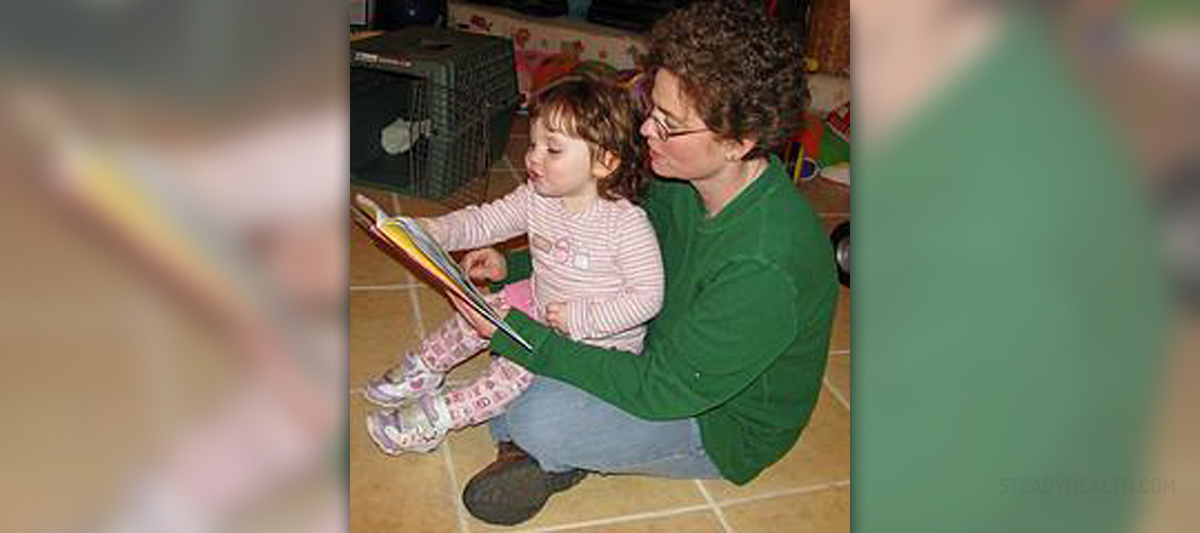
Dyslexia is a learning disorder which mainly affects one's ability to read and spell words. Nevertheless, there are many other manifestations of dyslexia, affecting a person's phonological awareness, verbal memory and the speed of his/her verbal processing.
Manifestations of Dyslexia
When people start learning a language their phonological awareness needs to be present in order for the whole process to be successful. Namely, each word is made of smaller units, which are, basically, sounds called phonemes. Changing different phonemes in a word affects and changes the meaning of the word itself. For example, the difference between “fit” and “bit” lies in the change in the meaning and the pronunciation. However, dyslexic people have troubles understanding and managing this.
As for the verbal memory, this is our ability to remember sequence of words. Sometimes, when we are asked to bring several object, we need to memorize the names of these items and connect them with their physical embodiments. People with dyslexia have problems remembering sets of words.
The verbal processing speed is one's capability of assessing the words he/she is exposed to and understanding the information behind them. So, if you look at different letters written on a piece of paper, connect them and process them, recognizing what they mean, you are using the verbal processing capabilities of yours. The speed of these processes is usually a problem with dyslexic people.
Facts about Dyslexia
First and foremost, even though many connect the two, dyslexia has nothing to do with lack of intelligence. Therefore, all people, regardless of their intellectual capabilities, can be affected by dyslexia.
Up to 8% of pupils in Britain suffer from dyslexia and it is more commonly seen in boys than in girls. Yet, it depends on no ethnic background. Nevertheless, some more straightforward languages can make it easier for their dyslexic native speakers to cope with.
The reasons behind dyslexia are unknown, even though experts suspect genetics to be a possible culprit.
Treatment for Dyslexia
The only cure for this condition so far it practicing and working hard to overcome your reading and spelling difficulties. Also, people with less severe forms of dyslexia may find it easier to overcome this condition than those who are more seriously affected by it. Either way, group teaching, one-to-one classes, visiting a language specialist, or attending special schools, all are ways of battling dyslexia and managing to live with it.
Finally, today, with the abundance of technological breakthroughs, a dyslexic can both take notes and record classes, comparing the two later and using information from both. Also, voice-recognition software can allow dyslexics to transfer their words into writing.

















Your thoughts on this
Loading...